 Open Emergency Modal
Open Emergency Modal
 Open Emergency Modal
Open Emergency Modal
The Department of Medical Oncology at yashoda mediciy and Yashoda Super Speciality Hospital, kaushambi provides comprehensive cancer care with a focus on advanced treatments, compassionate support, and evidence-based protocols. We specialize in managing both solid tumors (breast, lung, colon, prostate, etc.) and blood cancers (leukemia, lymphoma, myeloma). Beyond curative treatment, our team offers palliative care to maintain comfort, dignity, and quality of life.
Our doctors, nurses, and staff are trained to provide international standard treatments while also ensuring the emotional and psychological well-being of patients and families.
Vision
To be recognized as a leading center of excellence in oncology, combining cutting-edge treatment with compassionate care.
Mission
Our approach to cancer treatment is multidisciplinary and personalized. Every patient is discussed in a Tumor Board meeting where oncologists, surgeons, radiation specialists, pathologists, and radiologists collaborate to create the best treatment plan.
In early-stage cancers, our goal is cure, often using a combination of surgery, chemotherapy, and radiotherapy. For advanced cancers, the focus shifts to controlling disease, prolonging survival, and improving quality of life.
The department provides comprehensive cancer care, from screening and diagnosis to treatment, survivorship, and palliative care.
Accurate diagnosis and staging guide every treatment plan. Our diagnostic tools include:
Cancer treatment has come a long way in the last few decades. Today, patients benefit from a variety of modern therapies that are safer, more effective, and better tolerated than ever before. At our center, we design treatment plans by combining these approaches in a way that best suits each patient’s disease, stage, and overall health.
Cancer treatment is not just about medicines and hospital visits. True cancer care goes far beyond active treatment, focusing also on the overall well-being of the patient and their family. At our center, we provide a wide range of supportive and palliative services that help patients cope better with treatment and live life with comfort.
Cancer treatment in medical oncology involves a range of therapies, each chosen based on the type of cancer, its stage, and the overall health of the individual. Treatments are explained thoroughly so that families can make informed decisions with confidence.
Every treatment plan is individualised, often combining more than one of these approaches to give the best possible outcome.
Cancer care is advancing rapidly, and our department continues to adopt new technologies and approaches to stay at the forefront:
Our vision is to combine medical progress with compassionate care, so every individual benefits from the most modern and meaningful advances in oncology.
The Department of Medical Oncology provides comprehensive services that extend across prevention, early detection, treatment, and long-term support.
This broad scope reflects our philosophy: cancer care is not limited to medicines alone but addresses every aspect of health and well-being.
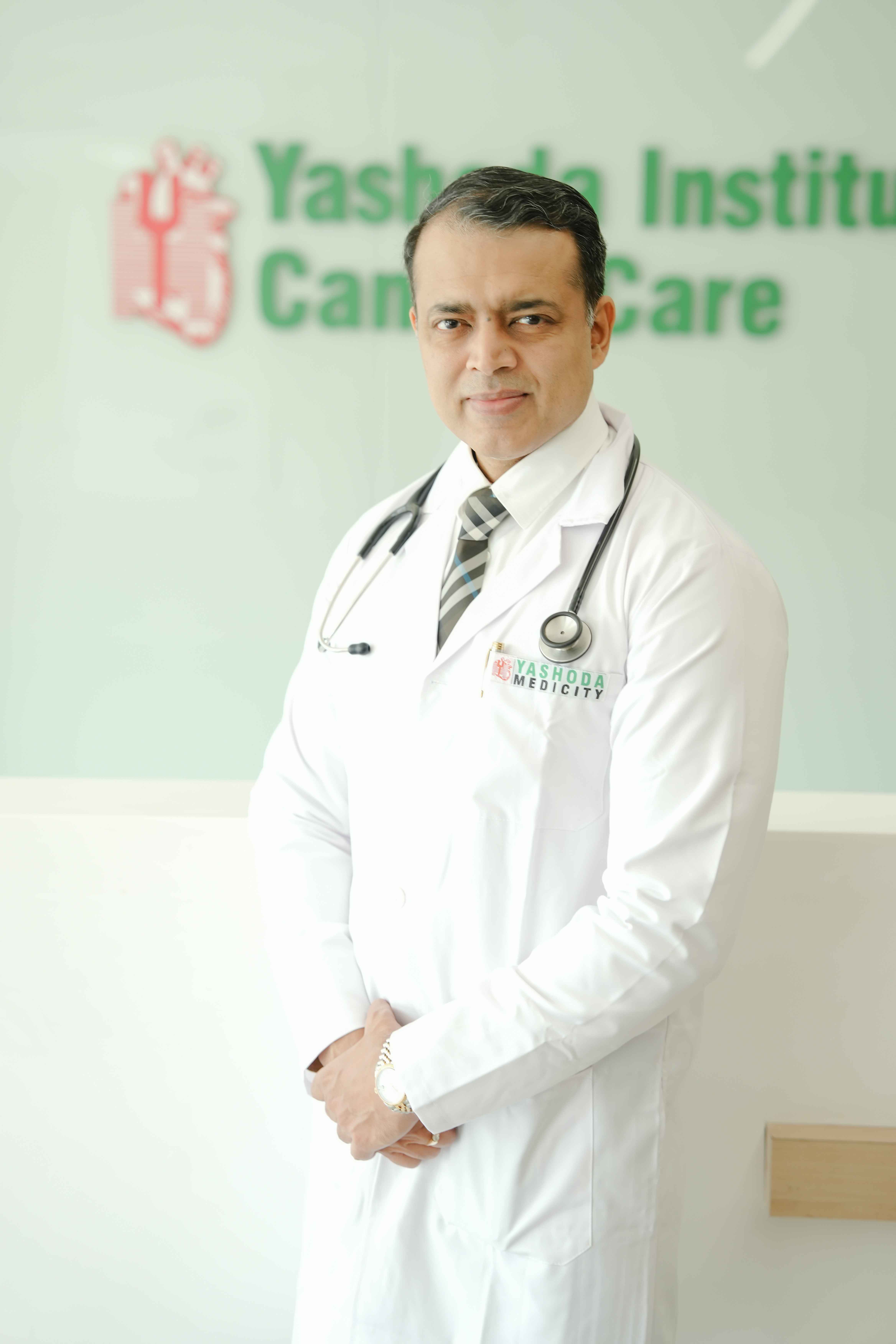
Vice Chairman - Medical Oncology
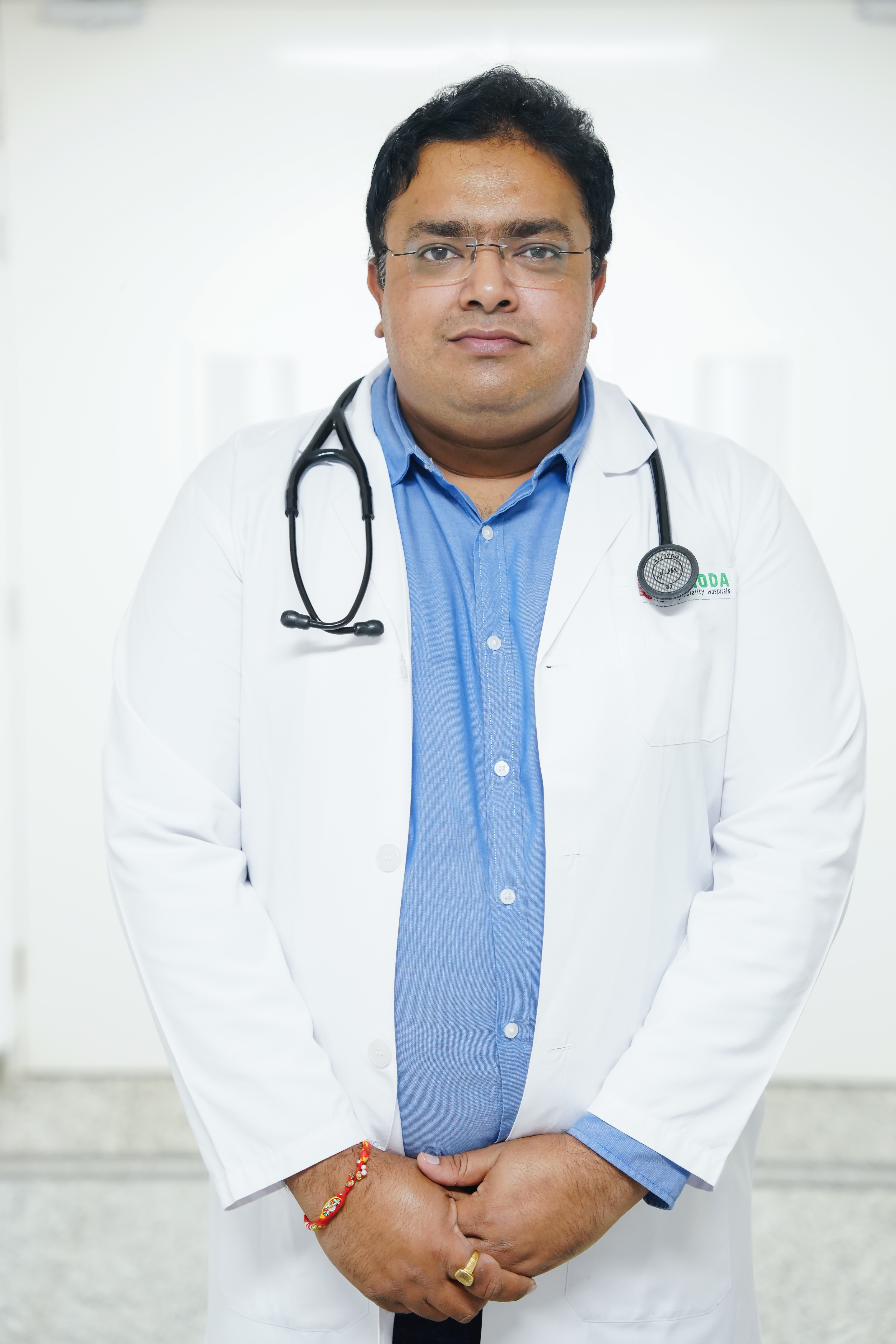
Director, Department of Medical Oncology
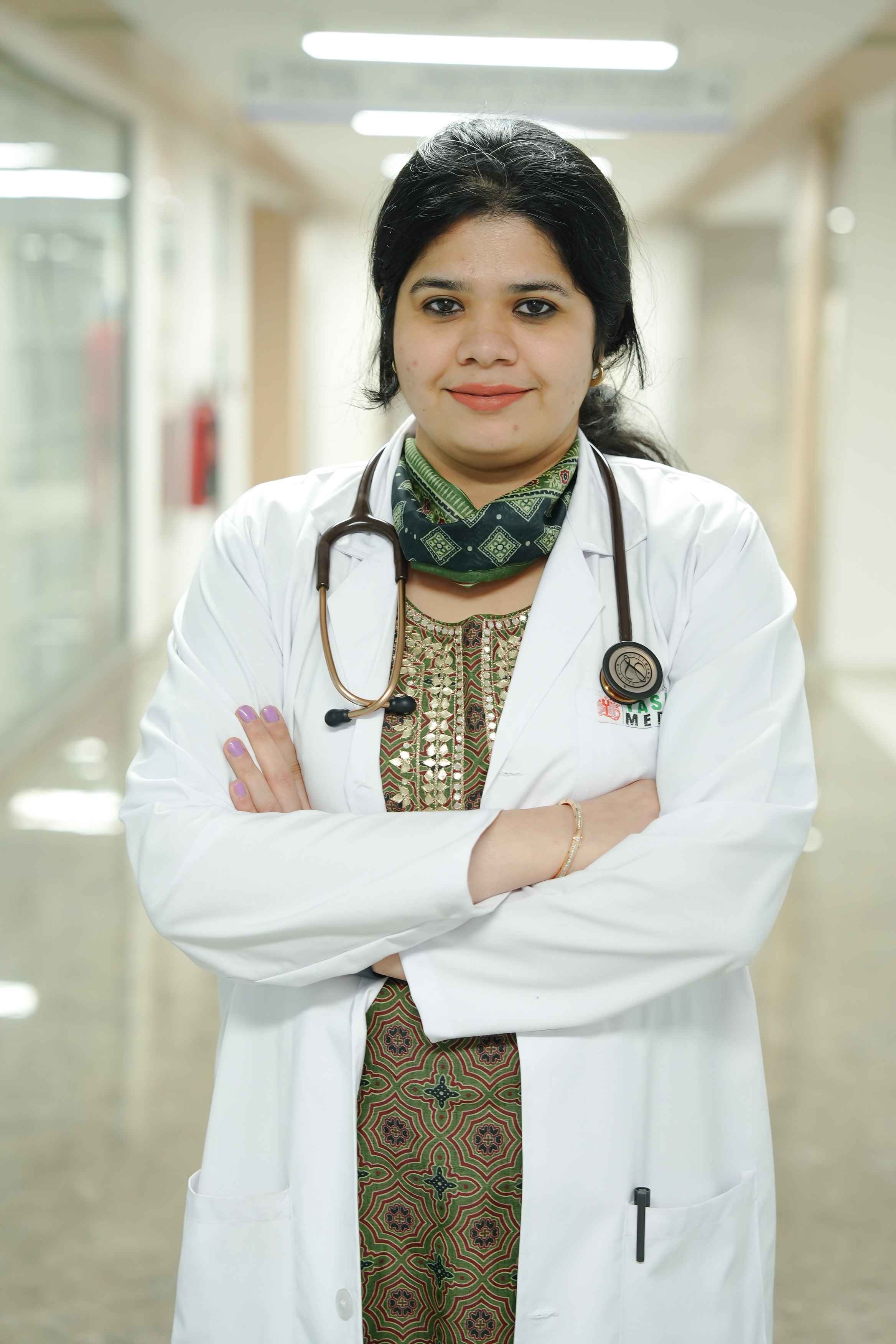
Consultant Medical Oncology

A 28-year-old male from Nepal was diagnosed with chronic kidney disease after experiencing persistent weakness and loss of appetite for nearly two years. Investigations revealed severely impaired kidney function, and he was initiated on hemodialysis through a catheter placed in the right side of his neck. He was advised to undergo AV fistula creation and maintain regular maintenance hemodialysis (MHD) three times a week.
However, due to irregular dialysis sessions, his condition worsened. He then consulted the expert team of nephrologists, Dr. Prajit Mazumdar and Dr. Inderjit G. Momin, along with urologists, Dr. Vaibhav Sax...
A 28-year-old male from Nepal was diagnosed with chronic kidney disease after experiencing persistent weakness and loss of appetite for nearly two years. Investigations revealed severely impaired kidney function, and he was initiated on hemodialysis through a catheter placed in the right side of his neck. He was advised to undergo AV fistula creation and maintain regular maintenance hemodialysis (MHD) three times a week.
However, due to irregular dialysis sessions, his condition worsened. He then consulted the expert team of nephrologists, Dr. Prajit Mazumdar and Dr. Inderjit G. Momin, along with urologists, Dr. Vaibhav Saxena and Dr. Kuldeep Agarwal, at Yashoda Medicity. The team counselled him regarding renal replacement therapy (RRT), the importance of regular MHD, and recommended renal transplantation as the most effective long-term solution.
His transplant evaluation began with his mother as the donor. During the assessment, he was found to have significant anaemia and reduced cardiac function, likely resulting from inconsistent dialysis, which increased his peri-operative risk. After thorough counselling, he was optimised for surgery, and immunosuppressive therapy was initiated two days prior to the procedure.
The patient successfully underwent renal transplantation with ATG induction. Post-surgery, he showed excellent recovery with good urine output and steadily improving creatinine levels. He was discharged with a creatinine of 1.2 mg/dl and continues to do well on follow-up.
Treatment By:
Dr. Vaibhav Saxena, Dr. Kuldeep Agarwal, Dr. Prajit Mazumdar, and Dr. Inderjit G. Momin

Conquering a Complex Brain Aneurysm with Advanced Endovascular Therapy
A patient with a spinal condition was treated at Yashoda Medicity through a navigation-guided minimally invasive spine surgery, marking the first such procedure in the state. The surgery was performed in our state-of-the-art Neuro-Spine OT, equipped with O-arm, Stealth-8 Neuronavigation, Allen table, and IONM.
The procedure was led by Dr. Dibya Jyoti Mahakul, Consultant – Minimally Invasive Neuro-Spine Surgeon, who performed the surgery with unmatched precision. Using the neuronavigation system, the team could visualize the move...
Conquering a Complex Brain Aneurysm with Advanced Endovascular Therapy
A patient with a spinal condition was treated at Yashoda Medicity through a navigation-guided minimally invasive spine surgery, marking the first such procedure in the state. The surgery was performed in our state-of-the-art Neuro-Spine OT, equipped with O-arm, Stealth-8 Neuronavigation, Allen table, and IONM.
The procedure was led by Dr. Dibya Jyoti Mahakul, Consultant – Minimally Invasive Neuro-Spine Surgeon, who performed the surgery with unmatched precision. Using the neuronavigation system, the team could visualize the movements of all instruments in real time, ensuring the accurate placement of implants.
The minimally invasive approach resulted in minimal blood loss and muscle damage, and the patient experienced immediate pain relief. This achievement underscores our commitment to leveraging cutting-edge technology to provide safe, precise, and effective surgical solutions for spine problems.
At Yashoda Medicity, we care about your back. When it comes to spine conditions, you’re in safe hands.
Treatment By:
Dr. Dibya Jyoti Mahakul
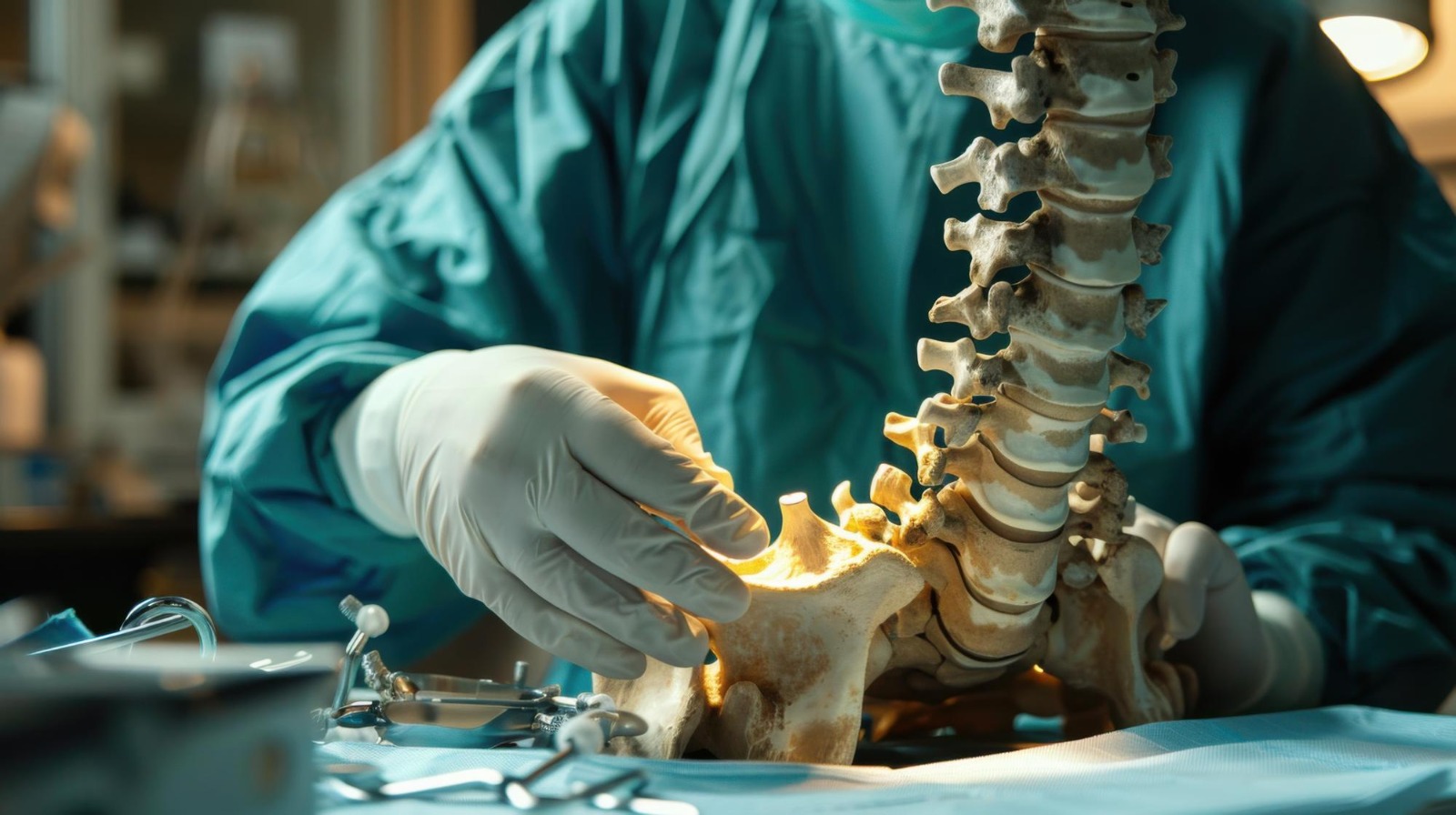
First Navigation-Guided Minimally Invasive Spine Surgery at Yashoda Medicity
A patient with a spinal condition was treated at Yashoda Medicity through a navigation-guided minimally invasive spine surgery, marking the first such procedure in the state. The surgery was performed in our state-of-the-art Neuro-Spine OT, equipped with O-arm, Stealth-8 Neuronavigation, Allen table, and IONM.
The procedure was led by Dr. Dibya Jyoti Mahakul, Consultant – Minimally Invasive Neuro-Spine Surgeon, who performed the surgery with unmatched precision. Using the neuronavigation system, the team could visualize the mo...
First Navigation-Guided Minimally Invasive Spine Surgery at Yashoda Medicity
A patient with a spinal condition was treated at Yashoda Medicity through a navigation-guided minimally invasive spine surgery, marking the first such procedure in the state. The surgery was performed in our state-of-the-art Neuro-Spine OT, equipped with O-arm, Stealth-8 Neuronavigation, Allen table, and IONM.
The procedure was led by Dr. Dibya Jyoti Mahakul, Consultant – Minimally Invasive Neuro-Spine Surgeon, who performed the surgery with unmatched precision. Using the neuronavigation system, the team could visualize the movements of all instruments in real time, ensuring the accurate placement of implants.
The minimally invasive approach resulted in minimal blood loss and muscle damage, and the patient experienced immediate pain relief. This achievement underscores our commitment to leveraging cutting-edge technology to provide safe, precise, and effective surgical solutions for spine problems.
At Yashoda Medicity, we care about your back. When it comes to spine conditions, you’re in safe hands.
Treatment By:
Dr. Dibya Jyoti Mahakul
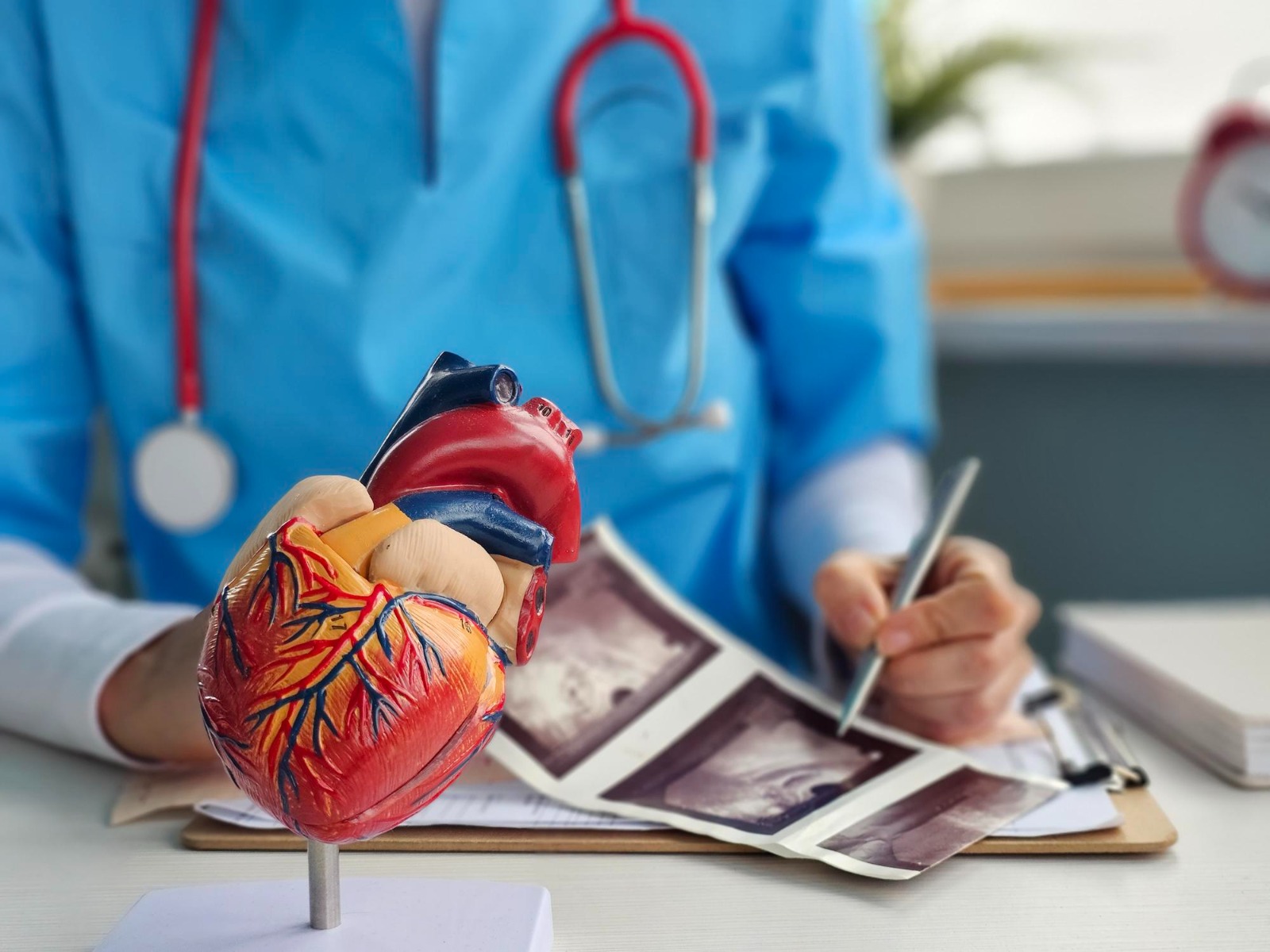
A 4-year-old, 11 kg child was brought to the Department of Pediatric Cardiac Sciences at Yashoda Medicity, Indirapuram, with complaints of bluish discoloration of fingernails and toes, poor weight gain, easy fatigue on walking, and recurrent hospital admissions.
Clinical evaluation revealed an oxygen saturation of 75%, prompting further investigations including echocardiography and CT pulmonary angiography.
The child was diagnosed with Cyanotic Congenital Heart Disease known as Tetralogy of Fallot (TOF), with additional apical muscular VSD and a hypoplastic pulmonary annulus.
The patient underwent open-heart surg...
A 4-year-old, 11 kg child was brought to the Department of Pediatric Cardiac Sciences at Yashoda Medicity, Indirapuram, with complaints of bluish discoloration of fingernails and toes, poor weight gain, easy fatigue on walking, and recurrent hospital admissions.
Clinical evaluation revealed an oxygen saturation of 75%, prompting further investigations including echocardiography and CT pulmonary angiography.
The child was diagnosed with Cyanotic Congenital Heart Disease known as Tetralogy of Fallot (TOF), with additional apical muscular VSD and a hypoplastic pulmonary annulus.
The patient underwent open-heart surgery called Intracardiac Repair, including closure of multiple VSDs with a transannular patch over the neopulmonary valve. The procedure was led by Dr. Abhinavsingh Chauhan, Consultant Pediatric Cardio-thoracic and Vascular Surgery. Advanced post-operative care in the Pediatric Cardiac ICU was uneventful, and post-operative echocardiography confirmed a successful repair.
The child was discharged in a stable and ambulatory condition on the 5th post-operative day, with oxygen saturation improving to 99%. This case reflects Yashoda Medicity’s expertise in managing complex pediatric cardiac conditions, combining cutting-edge surgical techniques with specialized intensive care to ensure safe, life-transforming outcomes for children.
Treatment By:
Dr. Abhinavsingh Chauhan

A 4-year-old male child with congenital Pelvi-Ureteric Junction (PUJ) Obstruction underwent Robot-Assisted Pyeloplasty at Yashoda Medicity. The child had an excellent postoperative recovery and was discharged on postoperative day 2.
Robotic surgery offers superior precision and control, providing a significant advantage not only in cancer surgeries but also in pediatric minimally invasive procedures.
The benefits of robotic surgery over conventional techniques include smaller incisions, minimal intraoperative blood loss, enhanced surgical precision and dissection, reduced postoperative pain, and faster recovery and di...
A 4-year-old male child with congenital Pelvi-Ureteric Junction (PUJ) Obstruction underwent Robot-Assisted Pyeloplasty at Yashoda Medicity. The child had an excellent postoperative recovery and was discharged on postoperative day 2.
Robotic surgery offers superior precision and control, providing a significant advantage not only in cancer surgeries but also in pediatric minimally invasive procedures.
The benefits of robotic surgery over conventional techniques include smaller incisions, minimal intraoperative blood loss, enhanced surgical precision and dissection, reduced postoperative pain, and faster recovery and discharge.
The Department of Urology at Yashoda Medicity is committed to providing the highest standard of care to every patient, with special expertise in Robotic Surgery, Reconstructive Urology, Uro-Oncology, Stone Diseases, and Renal Transplant Surgeries.
Treatment By:
Dr. Vaibhav Saxena

Conquering a Complex Brain Aneurysm with Advanced Endovascular Therapy
Brain aneurysms are often described as ticking time bombs—silent, unpredictable, and potentially life-threatening if left untreated. They pose one of the most complex challenges in modern neurosurgery, requiring both precision and cutting-edge technology for successful management.
A 60-year-old woman presented with multiple episodes of severe headache, prompting her to consult Dr. Sumantao Chaterjee (Neurologist). Given the persistence and pattern of her symptoms, a brain angiography was recommended and performed by Dr. ...
Conquering a Complex Brain Aneurysm with Advanced Endovascular Therapy
Brain aneurysms are often described as ticking time bombs—silent, unpredictable, and potentially life-threatening if left untreated. They pose one of the most complex challenges in modern neurosurgery, requiring both precision and cutting-edge technology for successful management.
A 60-year-old woman presented with multiple episodes of severe headache, prompting her to consult Dr. Sumantao Chaterjee (Neurologist). Given the persistence and pattern of her symptoms, a brain angiography was recommended and performed by Dr. Dibya Jyoti Mahakul (Endovascular Neurosurgeon).
The imaging revealed a complex brain aneurysm, one that demanded meticulous planning due to its size, shape, location, and blood flow dynamics. After careful evaluation, the patient was offered a scarless, minimally invasive endovascular treatment. A flow diverter stent was strategically placed across the neck of the aneurysm to divert blood flow away from the aneurysm sac, promoting healing and preventing rupture. While technically challenging, the procedure was greatly aided by our state-of-the-art biplanar cath lab, equipped with advanced imaging tools like Vaso CT, CBCT, and MAFA software. These technologies ensured maximum precision, safety, and speed for both the patient and surgical team. Remarkably, the patient was discharged the very next day in a stable condition—aneurysm secured, risk averted.
Today, she is back home with her family, free from the shadow of a life-threatening condition, and ready to embrace life on her own terms.
Treatment By:
Dr. Dibya Jyoti Mahakul, Dr. Sumantao Chaterjee

A 51-year-old lady with left arm pain more than neck pain of 10 years duration, with BMI 44 and a short neck nearly the chin touching the chest, was diagnosed with OPLL C3-6 with myelopathy and fixed kyphosis of 20°. MRI showed cord signal changes at C5, and CT confirmed OPLL C3 -6 with high probability of intradural mass ( double density sign). Conventional wisdom (K line, kyphosis, anterior pathology etc.) dictated towards an anterior surgery, but possibility of dural laceration (intradural OPLL mass), with potential for other complications (cord / trachea / esophageal compression by pseudomeningole, meningitis, spinal cord ...
A 51-year-old lady with left arm pain more than neck pain of 10 years duration, with BMI 44 and a short neck nearly the chin touching the chest, was diagnosed with OPLL C3-6 with myelopathy and fixed kyphosis of 20°. MRI showed cord signal changes at C5, and CT confirmed OPLL C3 -6 with high probability of intradural mass ( double density sign). Conventional wisdom (K line, kyphosis, anterior pathology etc.) dictated towards an anterior surgery, but possibility of dural laceration (intradural OPLL mass), with potential for other complications (cord / trachea / esophageal compression by pseudomeningole, meningitis, spinal cord hernia etc.) were discussed in detail and a decission was taken to decompress and fix from the posterior aspect. The pre-op CT angio showed B/L high-riding vertebral arteries, which precluded the C2 screw.
Per operatively, the patient was positioned prone with the head clamped and a posterior exposure done. LM screw entry points were made from C3-6, followed by grade 1 facet resection at C3-4, C4-5, and C5-6 bilaterally. Further lordosis was achieved with manipulation of the head with the head clamp and closing the osteotomy gaps. LM screws (C3-6), a laminar screw at C2, and a pedicle screw at T1 & 2 were inserted and connected with rods.
C3-6 laminectomy was done, and the surgical site was closed after bone graft mixed with vancomycin was applied laterally.
Postoperative x-ray showed adequate lordosis (approximately 10 degrees) attainment.
The patient reported complete pain relief in the left shoulder and arm postoperatively.
Treatment By:
Dr. Ankur Goswami
Mr. Ajeet Kumar Verma from Yashoda Homecare provided satisfactory service of sample collection. Well behaved, humble & polite person
Dr. Manish Singhal is a highly knowledgeable and experienced doctor. When patients and their families panic on hearing a word like ‘cancer’, Dr. Manish explains everything with such logic, scientific clarity and warmth that their anxiety eases. He has provided excellent treatment for my son’s Burkitt lymphoma. Dr. Manish and his entire team are extremely caring and humble. The overall experience at Yashoda Medicity is very smooth and reassuring.
